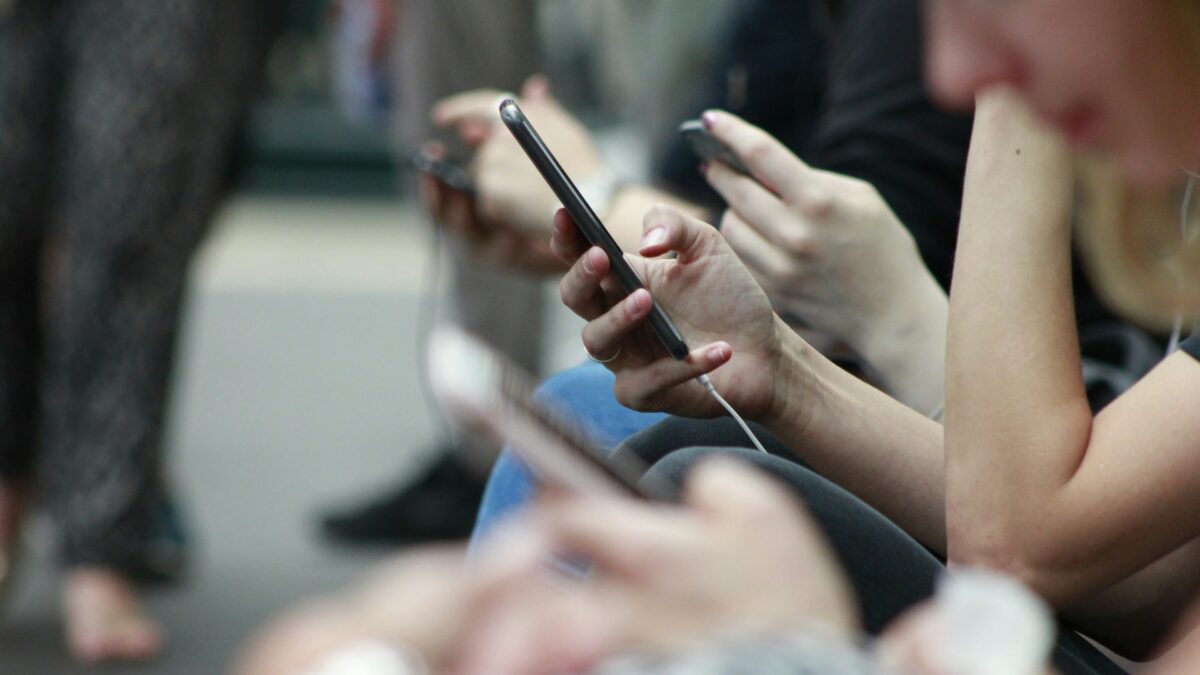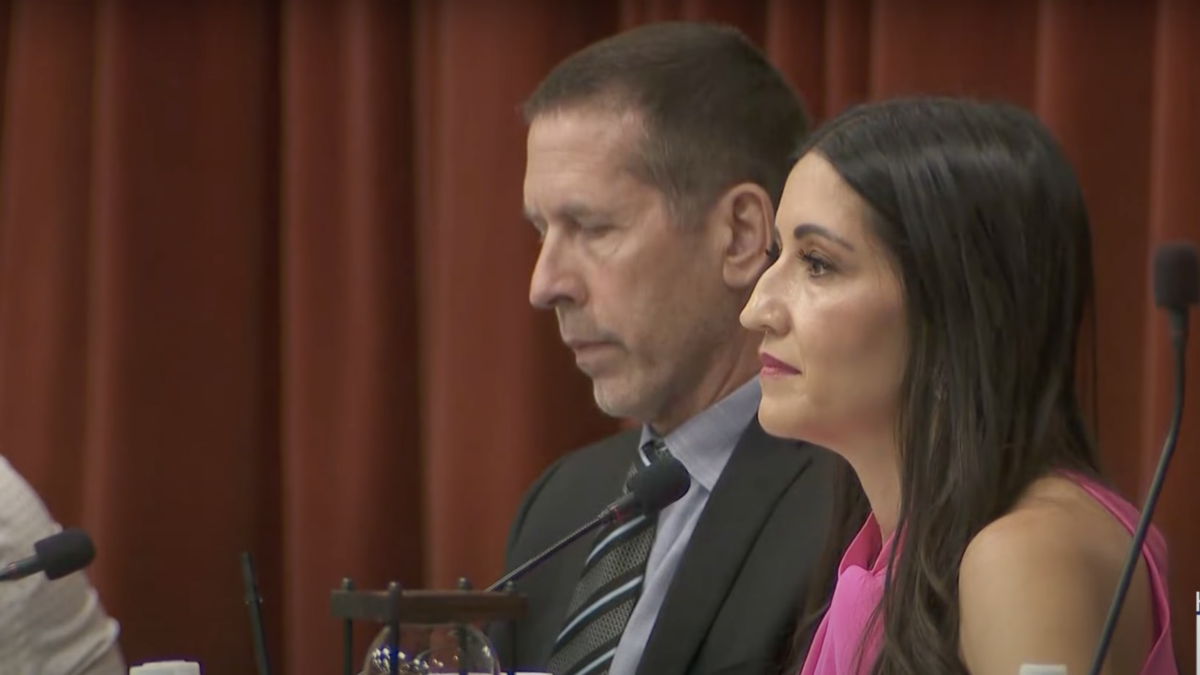Of course Augustus Gloop is fat. That is the point of him. In “Charlie and the Chocolate Factory” he embodies unrestrained appetite in the most literal sense. He is a foil and a lesson, all rolled into one massive blob of a boy.
But now a bunch of iconoclasts with mediocre minds and grubby souls are offended. Roald Dahl’s works are now owned by Netflix (yes, really), and the publisher, Puffin, has announced hundreds of changes. Augustus being described as fat is among the casualties, lest someone’s feelings be hurt. And so “sensitivity readers” have been deployed to ensure that Dahl’s books conform to the sensibilities of the whiniest of the woke.
It is tempting to compare this revisionism to Orwell’s classic dystopia “1984,” in which every book had been rewritten. But this is a softer (for now) form of thought control. Instead of a brutal government, it is corporations buying the rights to rewrite the past and its works. And those making these decisions are not motivated by profit, but by a small-souled censoriousness in service to a weird substitute religion.
This censorship is different from a cancellation. Dahl had personal sins that could easily get him canceled, such as his antisemitism (of course, he also fought bravely against Nazi Germany — history, like people, is complicated). But cancellation would be financially painful, and the corporations involved want to squeeze every dollar they can out of Dahl’s works. Thus, these new editions of his books are the woke version of strategically adding fig leaves to a dead artist’s nudes.
The rewrites are a sort of posthumous baptism of Dahl in which his works are cleansed of jokes and barbs deemed impious by the priests of wokeness (in this case, they are called “sensitivity readers”). History is full of examples of religious sects that sought to purify the world by appropriating and reworking everything from buildings to songs. Keep the church, smash the statues, and cover the frescos; keep the tune, change the words. This is normal human behavior; and in a time of declining participation in organized religion, we should expect it to find new outlets.
There is a religious impulse here, which explains why our criticisms will not register with those rewriting Dahl’s books, though they are still worth making for the benefit of everyone else.
For instance, those woke scolds perpetrating these changes are the same set of people who routinely assert that books are an important way to broader children’s minds and push them to question their beliefs. What they mean is that children with the wrong beliefs (e.g. those raised with traditional Christian views on sexuality) need their minds broadened and beliefs challenged. They have no interest in challenging the beliefs of children raised according to the latest liberal pieties. But what appears as hypocrisy is in fact hierarchy — the beliefs of nonbelievers must be questioned and their sensibilities shocked, while orthodox beliefs must be protected from even minor slights in children’s books.
The same dynamic underlies the woke censors’ pretensions to inclusion, which seemingly conflict with their incapacity to tolerate even minor differences between their sensitivities and those of recent generations of their own culture. The acolyte understands that the inclusive community of belief must still exclude that which does not accord with belief, lest the community be divided and defiled.
These are normal religious phenomena. What is remarkable is the smallness of the deity and faith they serve. The Puritans who stripped churches of their art as least believed they were obeying God’s will and leading souls to heaven. The zeal of such religious iconoclasts may be terrible, but it is at least passionate about what it means to love and serve God and do right by our fellow man.
In contrast, the sensitivity readers of wokeness are protecting readers from what are, at worst, minor slights — and most of those slights seem to exist only for those whose jobs depend on being able to detect them. That’s why they’re called microaggressions. Kids are not as high-strung as the professionally offended. The whole thing is fanaticism for those who can neither create anything good (let alone great) nor worship anything greater than their miserable selves.
They are right that the world has gone wrong, but they fail to see the why and how of this clearly. In “Charlie and the Chocolate Factory,” Augustus Gloop’s problem is not that people call him fat, but that he is fat — hugely so. He and the other bad children in the story (along with their wretched parents) are entertaining and edifying because they show the truth of being enslaved to desire.
Dahl’s children’s stories are therefore far more morally realistic than the adults who are rewriting his works. What’s wrong with the world? People are. We are greedy, gluttonous, proud, impatient, wrathful, and so on. Evil springs from the human heart, not from Roald Dahl describing characters as fat or ugly. What Augustus needed was not a censor to keep people from telling the truth about him; rather, he needed what we all need and struggle to attain — virtue and self-control. Cut Dahl’s humor and you cut the moral lesson. But the woke iconoclasts would rather try to purify the world by rewriting children’s books than through personal repentance.









